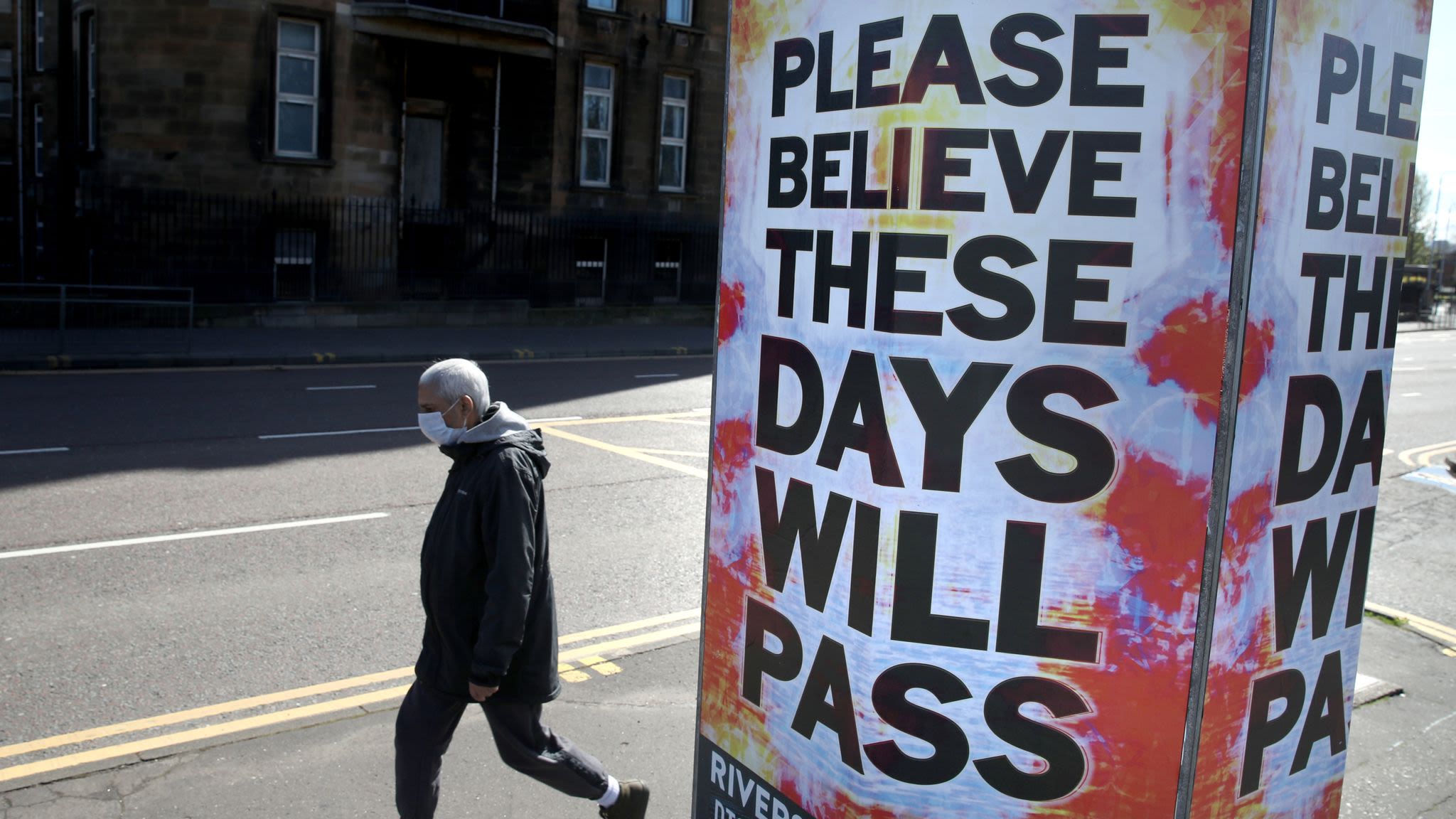Acting and adapting in lockdown
The stories of how individuals, businesses and organisations are changing the way they operate during the coronavirus pandemic.
6th May 2020
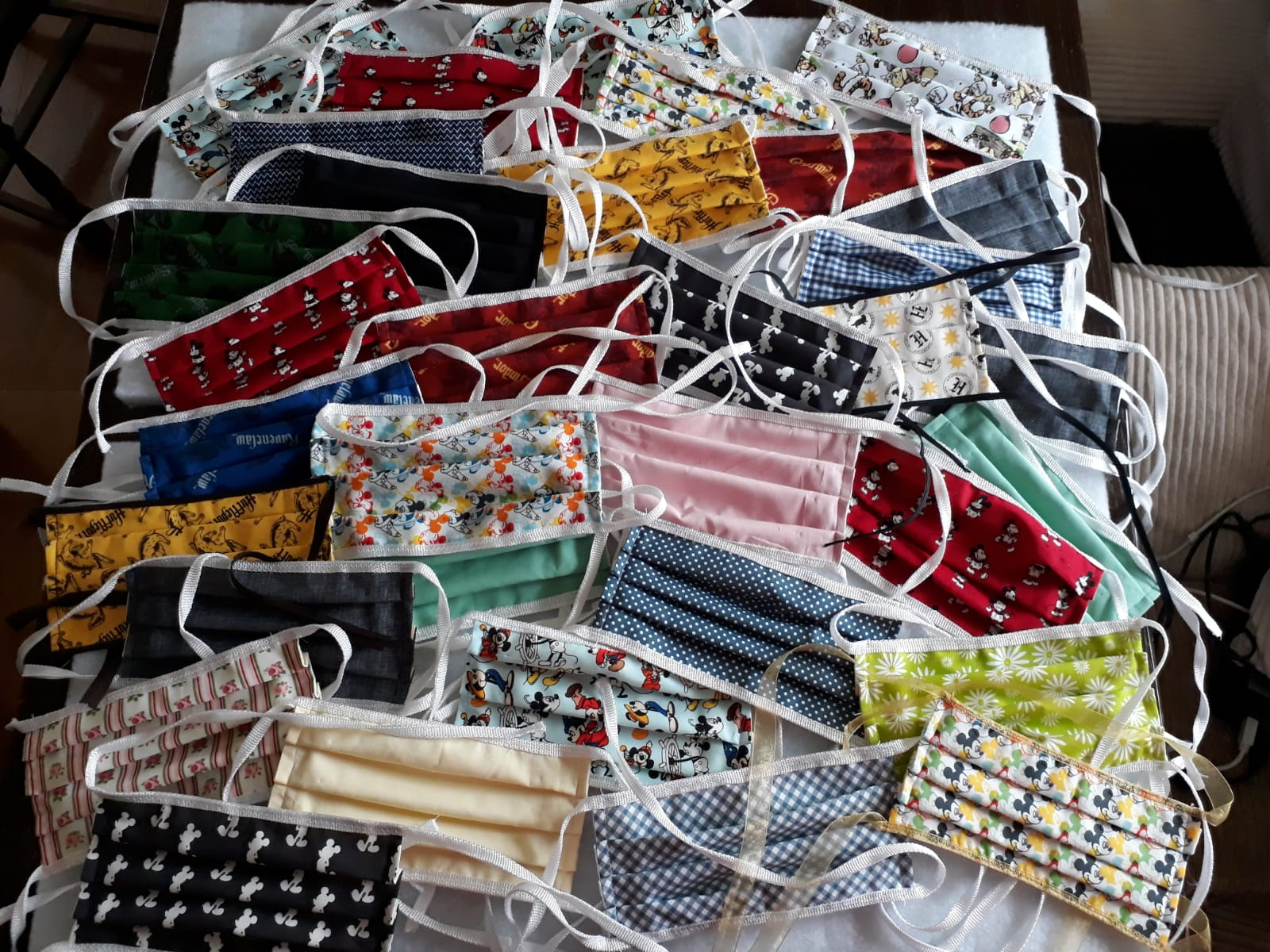
In the South West, courts have
moved online to ensure justice continues to be carried out, with the newest virtual court operating from Exeter Police Station.
Courts across England and Wales are being asked to set up their own virtual court facilities, with Devon and Cornwall being one of the first regions outside of London to go live. Changes in the law have permitted video and audio to be heard in Exeter Combined Court from custody units across Devon.

Simeon Bayliss, a custody sergeant for Exeter Police has had to adapt to the changes in his role with his duties moving online whilst helping to launch the virtual court. Simeon says that for defendants to qualify as 'suitable' for the virtual courts they must have a good understanding of how the process works and that its "not an actual physical appearance in court". However, the use of technology is not without its difficulties, as he explains.
Sergeant Bayliss outlines some of the difficulties in using video conferencing to hear court cases
Sue Prince is a Professor of Law at Exeter University's Law School. She's been involved in research on civil justice, looking at dispute resolution and alternatives to traditional courtrooms using online mechanisms. She says that one of the problems with traditional courts it is difficult for many people to attend because the law is complicated and an expensive process, and that by moving courts online people have more access to help and support.
Sue also says the courts should be making processes for members of the public easier in order to allow justice to be more openly understood.
Professor Sue Prince discusses how the use of online technology has benefited administrative justice
Ultimately the launch of virtual courts will ensure that the criminal justice system across Devon and Cornwall will continue to operate, and with so much investment in this new system of criminal justice, it's likely to become a permanent addition to Exeter's Police Station.
Meanwhile across the country, supermarkets have had social distancing measures in place for several weeks now.
Just as the COVID-19 pandemic reached our country, many began flooding into stores to stockpile goods. Items were ransacked, and home delivery time slots had all gone. Since social distancing was enforced by the government, shoppers have calmed down and gradually normal service has returned.
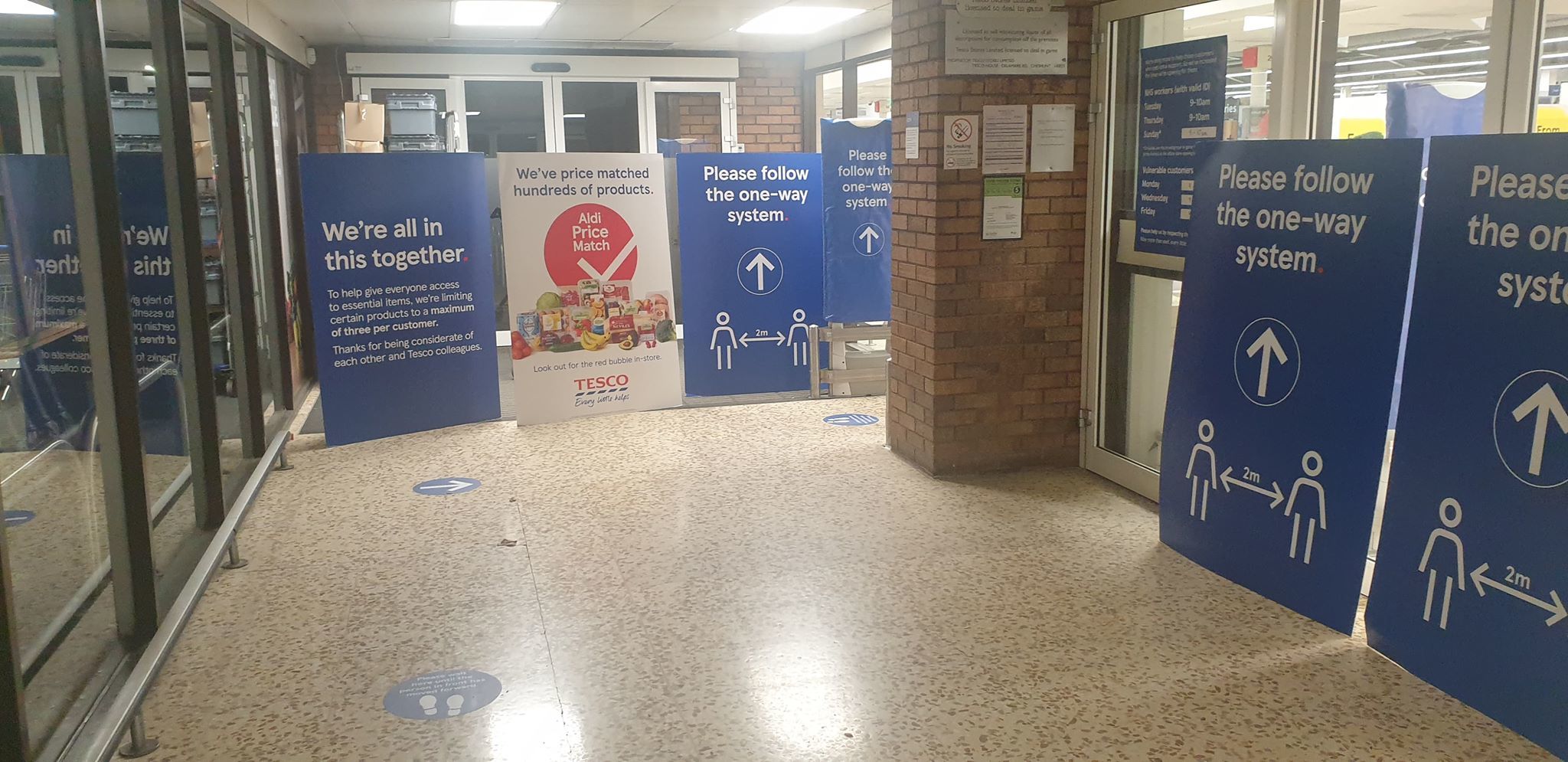
David Leathart, a Stock Manager at the Worksop Tesco store, has spoken about the restrictions and measures in place at his store. He has said that the coronavirus has had a "massive impact on [his] job".
He says that "reducing multi-buy offers to help bulk buying" has affected the "label management", noting that "substitute lines" have become available to replace unavailable, popular items to "help customers still fulfil their essential shop." David has noted how he and other managers have had to "adjust all of [their] days to help cover shifts for isolating and shielding customers".
David said that an indoor queuing system has been put in place which can "accommodate seventeen people during bad weather". He said the current process "allows a certain number of people in store", which is: "three people on the entrance, one for trolleys, one to count and one to let people in and talk to the queues. One person will be on the exit as well to count people leaving so we sustain the right amount of people in store."
At the entrance he says there is a "cleaning station" where customers can use disinfectant to clean their hands and any trolleys or baskets they pick up. He also states how "gloves, anti-bacterial gel and masks are available for all staff to use freely."
The store is following the two metre guidelines that have been enforced by the government, but indicating the distance to be apart through markers. This is the same when queuing to enter the shop, as well as whilst queuing to finish the shop. A "one-way" aisle system has been put in place, and customers must queue on the last aisle to enter the checkouts.
The hope is that these measures will ensure the safety of both staff and customers, leading to an eventual ease in social distancing restrictions.
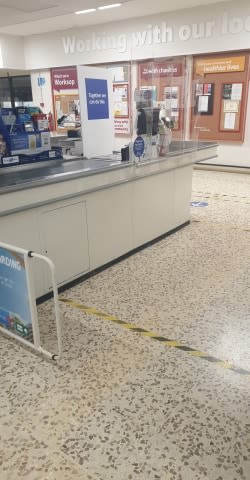
Till guards in operation at Tesco
Till guards in operation at Tesco
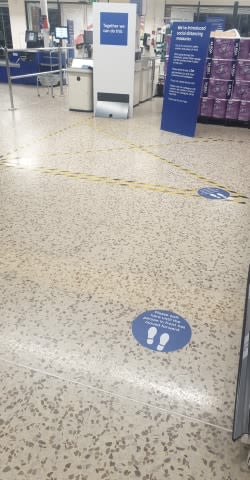
Markings on the floor two metres apart so that customers can socially distance in queues
Markings on the floor two metres apart so that customers can socially distance in queues

Signs informing customers of the one-way system in place at the store
Signs informing customers of the one-way system in place at the store
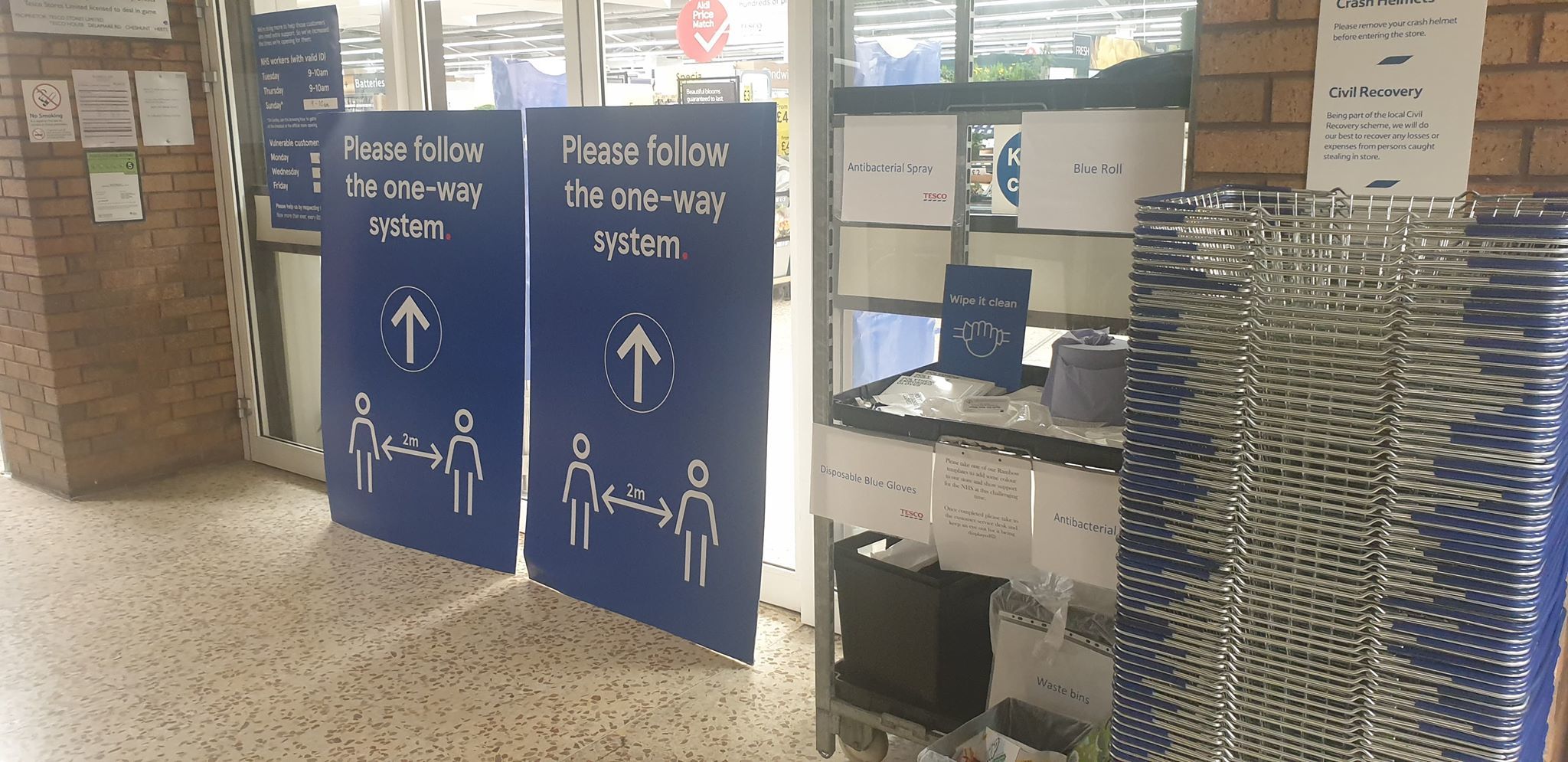
Cleaning stations have been set up by baskets and trolleys
Cleaning stations have been set up by baskets and trolleys
A mother managed to raise more than £600 for Kettering’s Intensive Care Unit from her spare material.
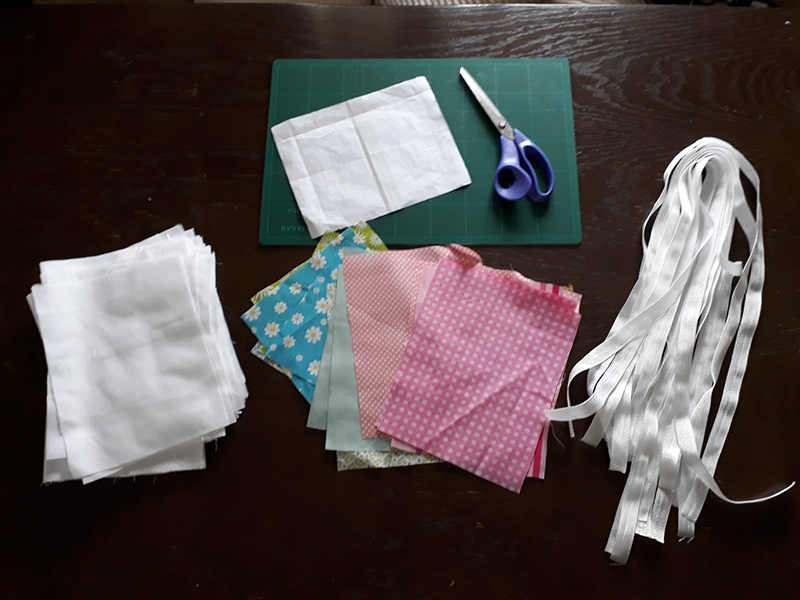
Sandra Summerfield from Corby began making face masks out of material kept at home over years. Friends and Family also donated money for her masks, so she made nearly 200 face masks and raised £635 for the Kettering’s ICU.
Charities are also having to change how they operate as a result of the pandemic. UKHarvest, a Chichester-based not-for-profit organisation who help deliver food to the needy and vulnerable, are one such example.
According to the Waste and Resources Action Programme (WRAP), £19 billion worth of food is wasted every year in the UK. UKHarvest was founded in 2016 to combat this nation-wide issue, collecting quality excess food from farms, supermarkets and other commercial businesses and delivering it directly to charities that are supporting vulnerable people.
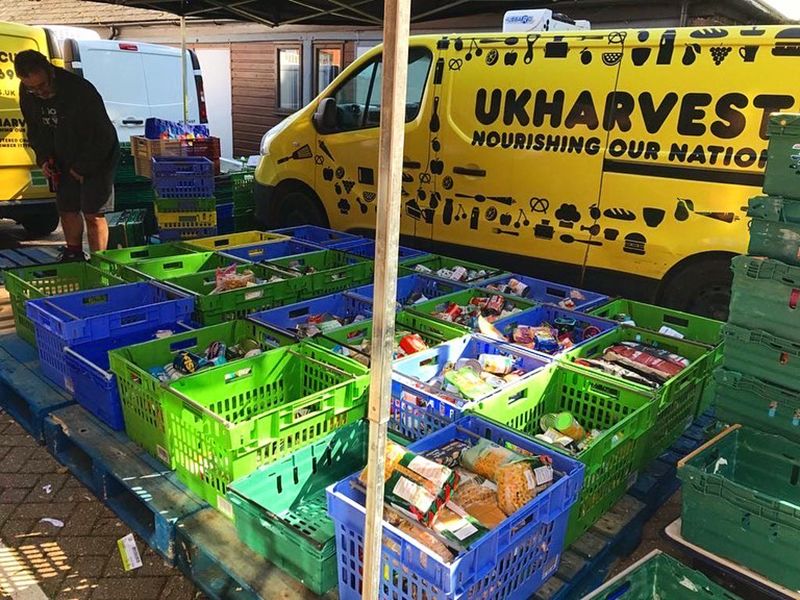
T Since lockdown began, Liz Woodsell, the Chief Operating Officer from the organisation, says that they’re busier than ever. She thinks that fundamentally, some catching-up needs to be done.
Liz Woodsell, Chief Operating Officer UKHarvest, says UKHarvest’s work shouldn’t be needed
Before COVID-19, UKHarvest was collecting around 10 tonnes of surplus food each week. Liz says that now, they have “been rescuing over 30 tonnes of food a week”, and are working overtime to make sure that the high demand is met. Normally, UKHarvest also delivers to families and young children experiencing holiday hunger. But, as holiday hunger clubs have stopped with social distancing regulations, many of the food-banks that UKHarvest supplies are now doing door-step deliveries to vulnerable families. UKHarvest themselves have also adopted this approach.
Liz Woodsell, UKHarvest, says COVID-19 has changed their deliveries
One housing association and charity from Southampton that benefits from food donations like UKHarvest’s is The Society of St James. They run various projects to support homeless adults, and adults struggling with substance abuse.
In addition to therapy and day-rehabs, The Society of St James offers specialised supported accommodation. Trevor Pickup, the charity’s CEO, says that they’ve also housed an extra 110 homeless people in the Ibis hotel in Portsmouth, with the help of the local authority. In Southampton, they’ve placed a further 30 people in Bed and Breakfasts.
Trevor says that the food donations they receive are “invaluable”.
Trevor Pickup, CEO of The Society of St James, says food donations are invaluable
While vulnerable people seem to be receiving support from both local government and organisations like UKHarvest, many think the help shouldn’t be needed in the first place. With the Coronavirus pandemic causing people across the country to lose their income, it is likely that the demand for both these services will continue to increase.
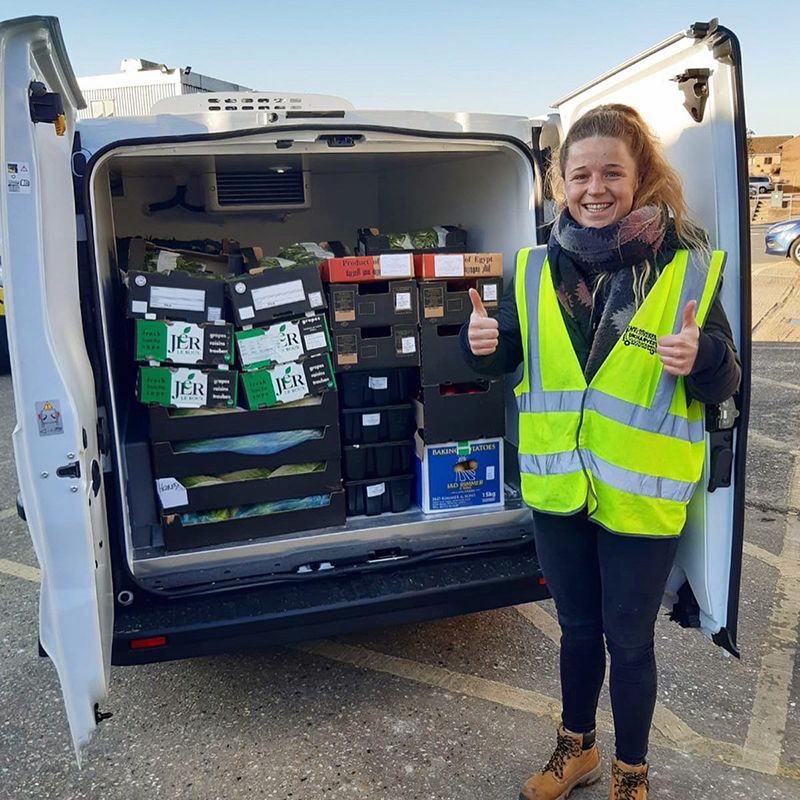
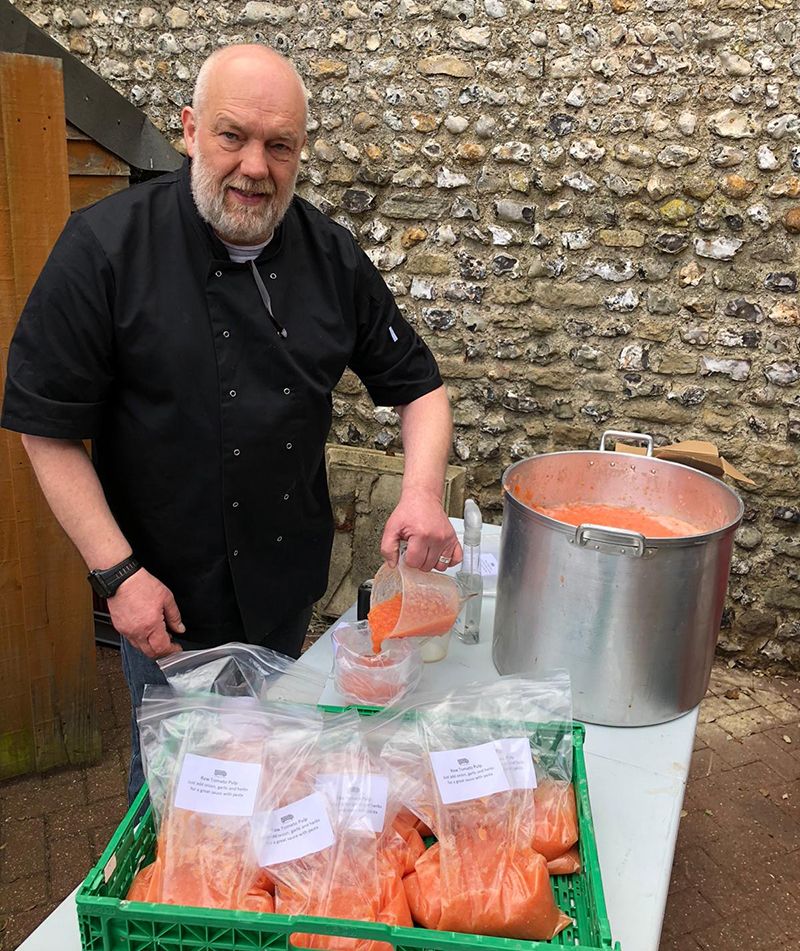
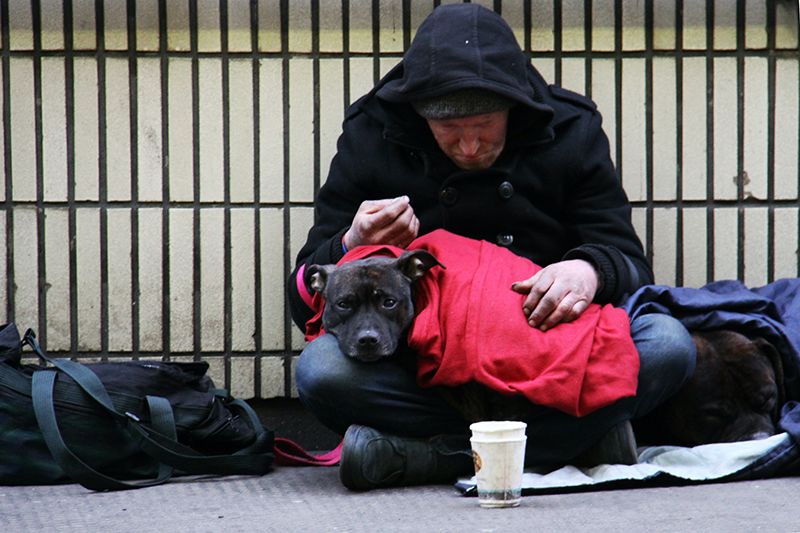
New adoption guidelines announced amid ‘massive impacts’ of coronavirus on animal shelters
Animal shelters in the UK had to cancel their fundraising events and been unable to re-home animals due to concerns over social distancing measures. New adoption measures have been put forward to allow for the re-homing of animals.
Robin Hood Cats Rescue, a local cat rescue charity in Nottingham, say they have suffered financially and are having to appeal for food and financial donations to help.
Jo Howes, one of two rescue co-coordinators at the organisation explained “usually our income is based on adoption fees, and we’ve not been able to do any adoptions so we’ve got absolutely no money coming in” .
Jo Howes speaks about the financial impacts on her charity Robin Hood Cats Rescue
Jo advises potential new owners to carefully consider their circumstances before adopting
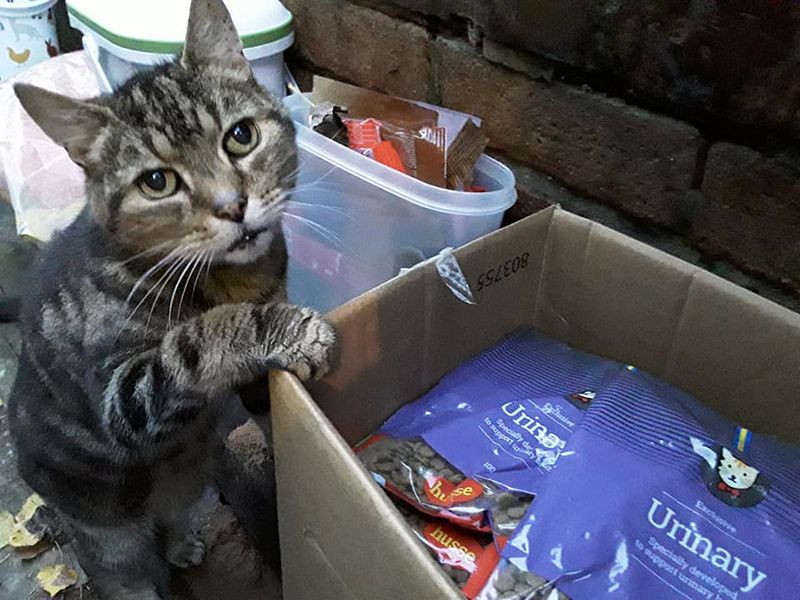

600,000 people have been allocated to the NHS Volunteer Scheme to help those who are in need during isolation.
However, they face some problems. Dan McGrath, the CBJNews Broadcast Journalist discussed the challenges they face in his Facebook live.
Working in a high-paced work environment isolated at home can be stressful and lead to burnout.
If you are one of these people, specialists recommend to organise your time so you do not work more than necessary and you do some activities to keep your brain healthy during a work day.
Lucia Cuprova, the Broadcast Journalist at CBJNews introduced some tips through her Facebook live about how to keep your brain healthy while working from home.

As lockdown continues, organisations and individuals have found new and innovative ways to continue working in these testing times.
These efforts are making a difference for many and helping people cope with the pandemic. When everything is over and society has returned to normality, these efforts and acts of kindness should be remembered.
